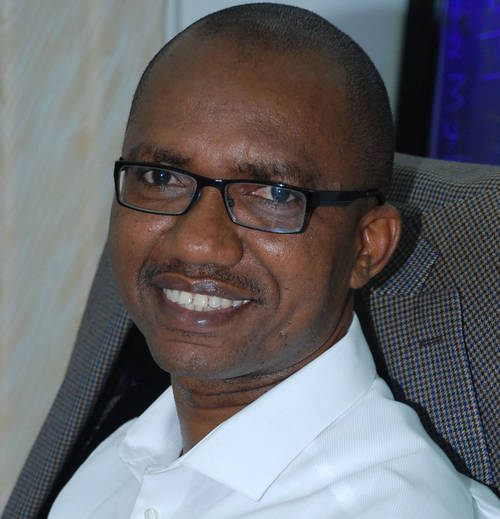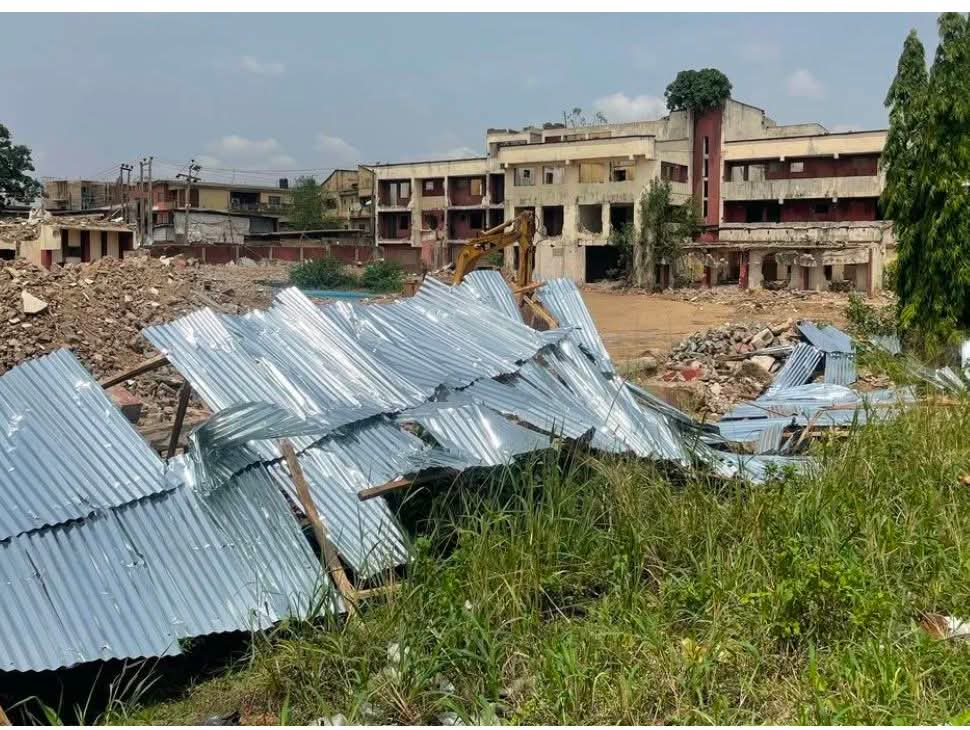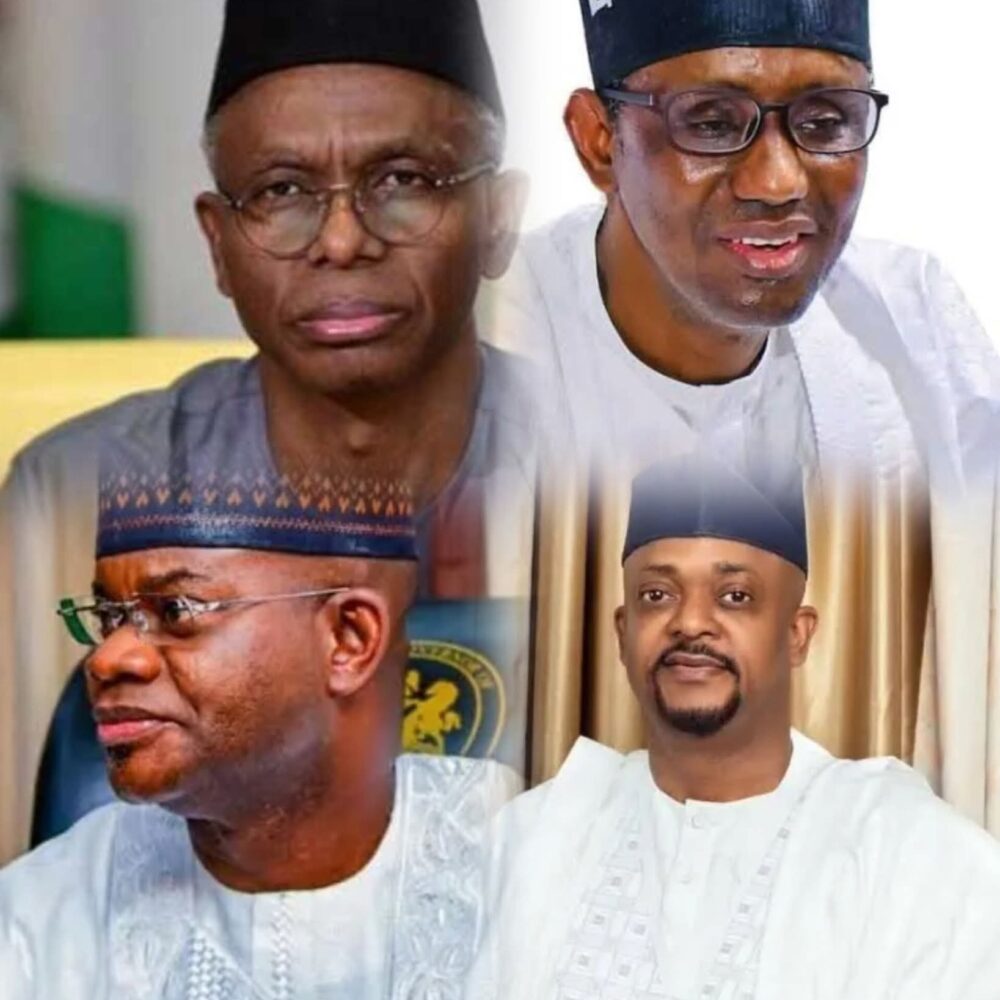Governor Nasir El-Rufai may have been an accidental public servant by his own account, but he may well be the sort of accident that the public service needs.
In a battle that promises to be nasty, the governor said he would fire 21,780 or two-thirds of the teachers in Kaduna State who failed a competency test based on a scheme of work for primary four pupils.
Teachers in the state and the leadership of the Nigeria Labour Congress have promised the governor hell and actually started paving the way for that last week, with violent street protests and promises of more chaos to come.
The unions said the state government was to blame for teachers who failed the exam that their primary five pupils ought to pass, citing poor tools and funding as reasons. What’s the fuss about, anyway? Exam, the teachers said, is not a true test of knowledge.
That’s the sort of nonsense we used to say as students when we knew we deserved to fail in an exam for which we were not prepared in the first place. The teacher “gave me” poor marks was the more charitable version.
Senator Shehu Sani (from Kaduna Central) has joined the unions to argue for the retention of incompetent teachers, suggesting the students deserve more of what is already killing them.
That is very sad. He’s right to hold the governor to his pledge of returning his children to public schools but he sounded no better than the failed teachers when all he had to say in their defense was that the governor’s motive was to recruit a new set of teachers to rig the next election for him.
That was pathetic. Sani is obviously too blinded by his personal war with El-Rufai to see that it does not make sense to retain thousands of teachers who can neither help themselves nor allow help from outside to reach and improve the system.
Teachers complained they had been hung out to dry but the State Universal Basic Education Board responded that the teachers had become stale and useless, in spite of repeated efforts at great cost to help them.
The competency test, the board said, was an open and inclusive process, and any teacher who had a genuine complaint about their score was free to request a review. But they’re not doing that. Instead, they’re asking for the cut-off score to be lowered from 75 to 60 to accommodate as many misfits as possible.
The teachers and the unions are not interested in any review, even though they have complained loudly that the process, which they were a part of, is flawed. So far, there’s not even a single reported case of wrong grading or proof of any flaw.
Apart from a comfortable ride on the populist bandwagon, a number of those who oppose the firing of the teachers claim to do so because of the social impact of large-scale job losses.
They say that firing incompetent teachers might worsen unemployment and increase the crime rate in the state, already on the brink after a string of deadly ethnic and religious crises. In any case, there’s no guarantee that recruitment under El-Rufai would be better than the scandalous process that Kaduna had become used to over the years. Why bother?
The failed teachers have Sani and the unions lining up behind them. Politicians who got the jobs for the failed teachers also have Sani and the unions as their champions. Yet, teachers who don’t know that seven follows six are ruining the lives of generations of students and there’s no one standing up for them.
According to a report by the News Agency of Nigeria (NAN) in September 2016, 158,035 students from Kaduna State took the West African Senior School Certificate Examination (WASSCE) between 2011 and 2015. Only 12.8 percent obtained credit passes in five subjects or more, including in English Language and Mathematics.
The Kaduna State Educational Resource Centre reported that over the same four-year period, out of 135,957 results released, only 19,137 or 14 per cent passed with the required number of credits for admission to any tertiary institution.
Kaduna is not among the top ten in WASSCE result and yet it is supposed to be the North’s beacon of political sophistication and enlightenment. Isn’t it a concern for Sani and the unions that the children who are the hope of the future have been abandoned to hacks and misfits?
The argument of poor funding for education in Kaduna is hardly supported by the records, at least in the last three budgeting cycles. In 2016, for example, Kaduna budgeted N29.9 billion for education, higher than Rivers, Kano and Akwa-Ibom states for that year.
According to another report, the next year, the figure increased to N44.3 billion, making the state one of the top six biggest spenders on education, relative to its income.
In 2018, out of the N47 billion set aside for social services, education received the lion’s share of N30.2 billion. Yet Kaduna remains a laggard in the students’ national average pass rate for school certificate examinations. And there’s no guarantee it’s not going to get worse.
I’m not exactly sure what Sani and the unions want El-Rufai to do in the circumstance. To continue to pour in state resources and get little or nothing back in return?
If they have evidence that what the Kaduna State government claims it has spent on education so far is untrue or proof that El-Rufai has lowered standards to favour the new teachers, they should provide such evidence. But it doesn’t make sense to hold the state to ransom at the pleasure of misfits who have earned salaries for years for doing worse than nothing.
The shambles cannot continue.
What the government owes them is to honor their contract and pay them their dues. If Sani or the NLC leader Wabba Ayuba have jobs for the misfits, they can find them places in their homes or constituencies and even offer them higher pay.
If El-Rufai will lose the next election in Kaduna because he is determined to save poor pupils from quacks, then that’ll be an accident well worth having. We’re where we are because that sort of accident is not happening often enough.
The misfits have to go for their own good and for the good of the system. Period.
Ishiekwene is the Managing Director/Editor-In-Chief of The Interview and member of the board of the Global Editors Network





